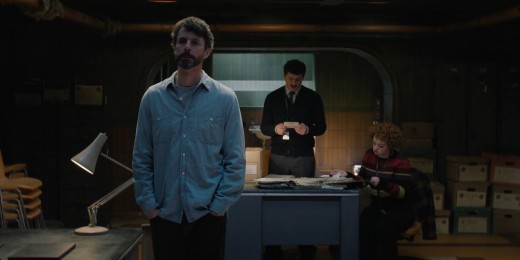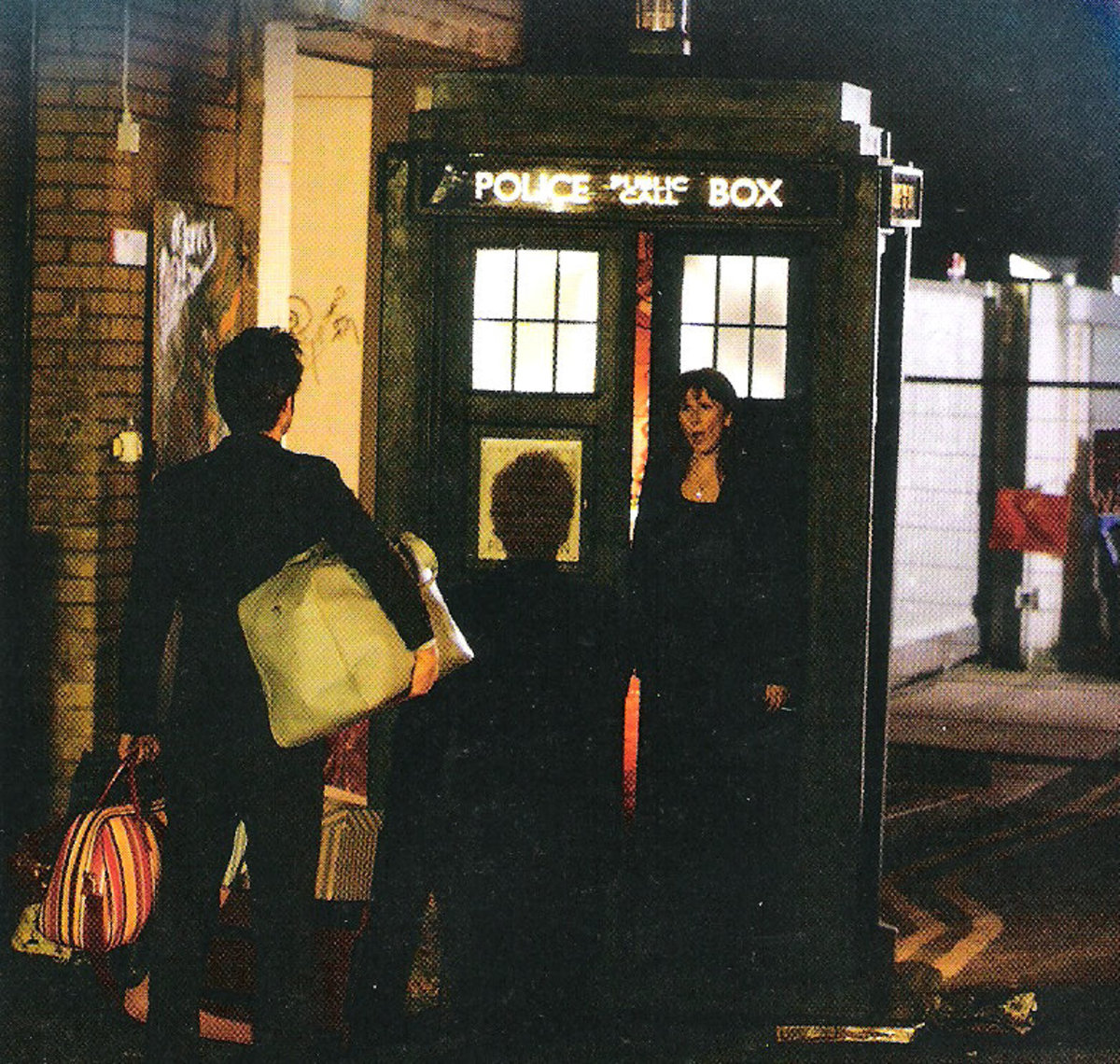Dept. Q (2025) Tv Series Review

An Atypical British Series
Being familiar with a few British “copper” series with a similar plot, I expected a more outlandish main character when Detective Carl Morck was introduced as a prick most people detest working with, but that wasn’t the case. Morck’s cynicism has a softer undertone, and he’s less arrogant than the initial premise sets him to be. There are many times when he’s outshone by a few other characters, and that’s not necessarily a bad thing.
To my surprise, this Netflix series turned out to be more atypical than most, and I only found out why after I finished it.
As a Scottish remake based on a Danish novel, Dep. Q is an interesting blend of Nordic vibes in a British setting. It is precisely because we’re dealing with an adaptation that, without reading the Danish books, we’d never know for sure which characters were not present in the original plot or what changes were made to transplant the events and the characters into the Scottish society and the British culture.
Nonetheless, the end result was more than decent. Just like the IMDb 8.3/10 ratings show!

The story centers around a newly formed department within the Scottish police forces tasked with investigating high-profile cold cases, led by Detective Carl Morck. Morck, who’s been a victim of a violent attack that left his partner paralyzed and another policeman dead, has been sidelined by his superiors from an active duty position and bound to a basement office chair throughout his post-shooting psych evaluation.
Initially seen as a source of extra-governmental funding and a pretext to bolster the severely underfunded local police forces by Chief Moira, Department Q becomes more active when a mysterious Syrian immigrant, Akram Salim, joins the department as Morck’s assistant. Due to his undefined military or intelligence background, Akram’s addition distracts Morck from his obsessive need to meddle in the investigation related to his own assault and makes him take on his new role seriously.
As the two of them are supplemented by Rose Dickson, a young detective eager to prove herself, and James Hardy, Morck’s paralyzed former partner, who helps them from his hospital bed, they follow a lead related to the high-profile missing case of Merritt Lingard, a former prosecutor.

Merritt Lingard disappeared 4 years before the main timeline of the series. She was a strong-opinionated, career-driven Scottish prosecutor with a tumultuous past, both on the personal and professional side. Right from the second episode, we know that she’s been kidnapped and kept under sick observation by someone, but since the timeline is unclear throughout the series, her fate remains unclear right until the final episode.
Victim blaming sets over with a heavy undertone, as the construction of the plot seems deliberately made to make Merritt more unlikable in the eyes of the viewers. She’s presented as this stuck-up, mean girl nobody likes, and because of that, no one should feel sorry for her. Overly cruel and judgmental, she has no problem using others to get what she wants. She’s overly indulgent in her sexual desires by sleeping around with married men and even dares to shamelessly masturbate during captivity under watchful eyes, as her captor points out.
The plot is devious enough to live up to the mystery of a detective story, but perhaps the most interesting aspect of this kidnapping case is how fleshed out the character of Merritt Lingard becomes once all the missing pieces slowly come together. There’s a contrasting, deceptive note between the dehumanizing way in which the perpetrators wish to portray their captive and the flawed humanity of the victim.
Whether intentional or not, through its plot and characters, this series raises awareness of two social issues — the demonization of women and immigrants — and puts these categories of people in a good light. It turns out that Merritt wasn’t such a bad B-word after all. She was just an imperfect human, like all of us. Then, the Syrian immigrant, Akram, through his hard-working, serious nature and expertise, made a pivotal contribution to solving the case. Often succeeding when others have failed, he proves to be an asset for the country he emigrated to.
Overall, this series is an enjoyable watch, even though the story is slow-paced at times, and Morck’s personal life seems rather dull for how much screen time it gets. Maybe that will become more relevant in the following seasons. Who knows?
© 2025 Adrian A.








